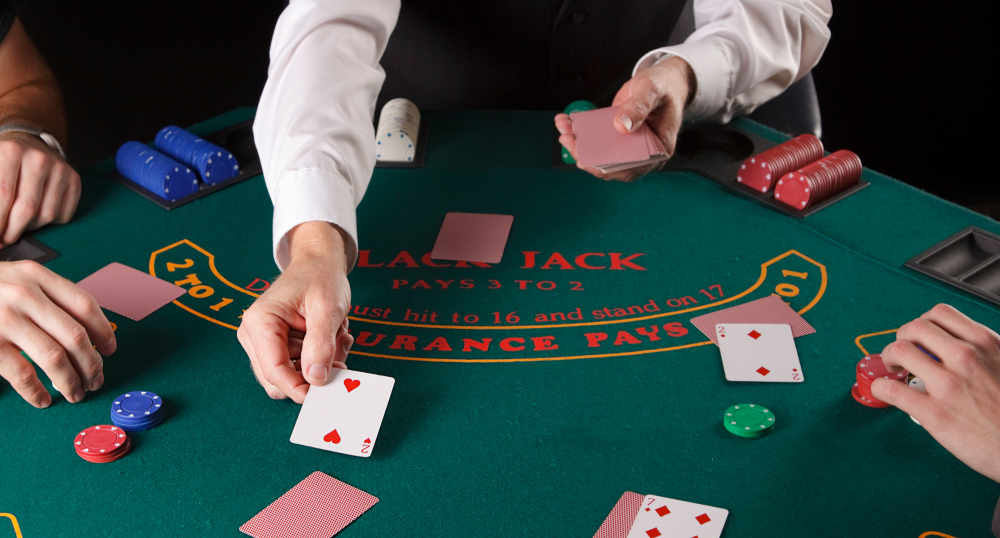ChatGPT in poker is like a chess advisor who doesn’t know how to move a knight. Despite its apparent knowledge and impeccable syntax, it doesn’t track the dynamics of the table, feel the pressure of the opponent, or understand the consequences of a single bet on the river. The neural network only simulates analysis without experience, context, or a genuine stake at risk.
Why doesn’t ChatGPT understand poker hands well?
A neural network does not understand hands in the same way that a human does. When trying to analyze the course of events, it does not take into account microsignals such as beta timing, non-standard sizing, or the history of a particular opponent. The lack of memory within a single session makes it difficult to maintain a strategic thread. A hold’em hand is not a set of numbers, but a chess game based on emotions and intuition.
ChatGPT shows stacks in poker as a system of equations without coefficients. This is mathematically correct, but it makes no sense without context. For example, a preflop all-in with 17 BB looks logical, but in reality, it is thrown out without a doubt against a tight player on UTG.
A strategy is more than just choosing a line.
 In poker, strategy is based not only on logic, but also on a deep understanding of the context. Artificial intelligence does not have a complete strategic picture; it relies on word statistics from the training corpus rather than on live analysis of the situation.
In poker, strategy is based not only on logic, but also on a deep understanding of the context. Artificial intelligence does not have a complete strategic picture; it relies on word statistics from the training corpus rather than on live analysis of the situation.

In complex scenarios, such as a 4-bet pot on the turn with a flush draw, the AI model suggests actions like “check” or “push.” It ignores many key factors, from the player’s image and previous dynamics to the meta-game and potential weaknesses of the opponent. Instead of strategic thinking, it offers a dry, out-of-context choice.
Intuition and empathy are not available to AI
ChatGPT cannot feel the emotional tension of a poker hand — it does not feel the opponent’s fear or the manifestations of strength or weakness. The neural network analyzes the game in the same way that Excel processes tables: by cells, without an intuitive understanding of what is happening. Bluff and value are simply flags for it, rather than psychologically charged decisions. It does not distinguish between a donk bet as a trap and a meaningless deviation — both actions fall into the same category and do not receive an adequate interpretation. This deprives the game of depth and makes the analysis flat.
ChatGPT’s Limited Capabilities in Poker
The capabilities of a neural network in poker are limited to typical situations. The AI model suggests aggression in multi-way pots where equity drops sharply, or ignores ICM at the final table of a tournament. These miscalculations lead to fatal mistakes when making a real bet.
Artificial intelligence uses averaged data without connection to the real situation. For example, it can claim that “raise on the button is a standard move”, ignoring the size of the stacks, fold equity, and the opponent’s image. Statistics are not a panacea, but a tool when there is an understanding.
Artificial intelligence is not substitute for experience
Neural networks in poker process data, but they don’t gain experience. Experience is a series of decisions made in real-world situations with consequences. ChatGPT doesn’t make mistakes under pressure, doesn’t adapt its game after a bad beat, and doesn’t change its strategy after 40 hands without a card.
Improvement requires constant interaction with live opponents, not with the predictable responses of a model. At the table, it’s not who knows “what to do” who wins, but who knows “why to do it right now.” AI does not make such conclusions.
Common ChatGPT Mistakes in Poker
ChatGPT’s errors are related to repetitive recommendations. For example, in 3-bet pots, the model consistently suggests a c-bet regardless of the flop texture. This approach is vulnerable and predictable, especially against regulars.

The neural network often ignores the psychological factor. For example, an optimal call on a turn with 6 outs looks correct on paper, but in the context of the opponent’s future push on the river, it turns into a trap with no chance of folding.
Analysis without depth and width
ChatGPT struggles with building and reading ranges in poker. It may recommend a 3-bet with ATo on SB, without considering that the opening was made by a tight player with UTG, who has a very narrow and strong range. This simplistic thinking leads to strategic miscalculations, such as incorrect 3-bets, losing calls, and overestimating the strength of a hand in context. The AI model does not take into account the opponent’s image, tournament stage, or stack depth, but rather mechanically applies templates.
Inadequate bluff analysis
For ChatGPT, bluffing is a mathematical option, not the art of reading an opponent and putting pressure on him. He often suggests bluffing in clearly losing situations where fold equity is virtually nonexistent.
For example, a push on the river in a multiway pot against two callers, when there is an obvious nats on the board, such a line is devoid of common sense. The neural network does not feel the dynamics of the hand and does not understand that in such spots, opponents will almost never throw out a hand capable of paying the bet.
Key differences between ChatGPT and a poker player
ChatGPT in poker works according to a predetermined logic and is unable to react to changes in the opponents’ behavior. The AI relies on template patterns, but the game requires unconventional real-time decisions.
How does the AI fall short compared to a professional player:
- Does not take into account the dynamics of previous hands.
- Does not track changes in the image at the table.
- Does not adapt the strategy to specific opponents.
- Does not understand ICM in tournaments.
- Does not feel the pressure of time and the stack.
- Does not distinguish between value bets and half-bluffs.
- Does not use non-standard lines.
- Does not manage risk depending on the phase of the game.
The lack of flexibility and adaptability turns the model’s strategy into a set of universal tips that are disconnected from the actual game situation. Against an experienced player, this approach quickly loses its relevance.
Hold’em requires a lively mindset
Poker is a game of incomplete information. An algorithm cannot replace decisions that are on the verge of irrationality. For example, folding a trip against a push from a nut with an overbet is only possible on an intuitive level that is beyond the reach of a neural network. In this case, it is not the algorithm that wins, but adaptability. Artificial intelligence does not reconfigure the hand, catch exploits, or apply meta-game strategies. Without these elements, Hold’em becomes a game of guessing pre-flop charts.
ChatGPT in poker is an assistant, not a player
 ChatGPT in poker acts as a reference book, but not as a friend who understands the discipline. The AI model processes data, but does not play in real time. Decisions on the river are not born from statistics, but grow from a subtle balance of analysis, experience, and intuition. Poker is not about mechanics, but about psychology, strategy, improvisation, and adaptation. Until the neural network learns to play against live fear, mathematical perfection will not defeat a real opponent.
ChatGPT in poker acts as a reference book, but not as a friend who understands the discipline. The AI model processes data, but does not play in real time. Decisions on the river are not born from statistics, but grow from a subtle balance of analysis, experience, and intuition. Poker is not about mechanics, but about psychology, strategy, improvisation, and adaptation. Until the neural network learns to play against live fear, mathematical perfection will not defeat a real opponent.
 en
en  ru
ru  de
de  ar
ar  es
es  nl
nl  fr
fr  it
it  pt
pt  hi
hi  el
el 









